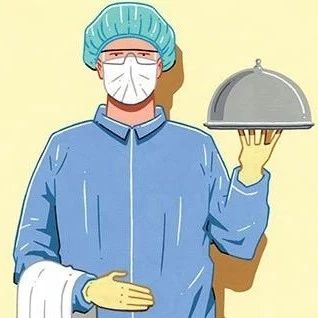後志的英文
发音:
"後志"怎么读用"後志"造句
英文翻译 手机版
手机版
- shiribeshi province
- "後朱雀天皇" 英文翻译 : emperor go-suzaku
- "後殖民" 英文翻译 : post-colonial
- "後主" 英文翻译 : post-structuralism
- "後知" 英文翻译 : metacognition
- "後缀" 英文翻译 : postfix
- "後羽天皇" 英文翻译 : emperor go-toba
- "後坐力炮" 英文翻译 : recoilless rifle
- "後一天皇" 英文翻译 : emperor go-ichijō
- "後座力" 英文翻译 : recoil
- "後言" 英文翻译 : metalinguistics
例句与用法
- Using the most representative sou - shen - chi ( accounts of the supernatural ) as example , the author hopes to analyze and demonstrate the narrative characteristics of the multifarious corpus of six dynasties chih - kuai 志 怪 fiction
摘要本文系以杂而多端的?朝志怪小?中最具代表性的名作《搜神记》为? ,提出讨? ,希望能够经由此书,进而观察到整个?朝志怪小?之叙事特性。 - The people who studied neijing ( 内 经 ) historieally can be classified as two sorts ? the exegetes in collation and exegetes in commentaries of medicine books . the former such as duanyucai ( 段 玉 裁 ) 、 hushu ( 胡 澎 ) 、 yuyue ( 俞 樾 ) 、 sunyirang ( 孙 诒 让 ) 、 yuchang ( 于 鬯 ) , who belonged to anhui school of the experts in plain - ology , paid their attentions to textual researeh for contextual contents as their style of study , and the latter sueh as wangbing ( 王 冰 ) 、 wukun ( 吴 昆 ) 、 zhangjiebin ( 张 介 宾 ) 、 mashi ( 马 莳 ) 、 zhangzhicong ( 张 志 聪 ) , who all were famous physicians , paid their attentions to the explaining of medical principles as their style of study . a famous professor of the conteeporary era , qianchaochen ( 钱 超 尘 ) , pointed out clearly that there are two schools in the exegetical history of neijing ( 内 经 ) - the collative school and the exegetic school . but up to date , in the field of chinese medicine , the collative school has been short of being studied . this dissertation mainly study the collative school , and select suwen ( 素 问 ) collative school , which is consisted of hushu ( 胡 澎 ) 、 yuyue ( 俞 樾 ) 、 sunyirang ( 孙 诒 让 ) 、 yuchang ( 于 鬯 ) , as the object to discuss the far - reaching influence of plain - ology to the study of medical documents
历史上研究《内经》的群体主要有两大类:校勘训诂家类和医学注释家类。前者以段玉裁、胡澎、俞樾、孙诒让、于鬯等皖派朴学家为核心力量,治学风格上偏于文理的考证;后者以王冰、吴昆、张介宾、马莳、张志聪等医学大家为主要代表,治学风格上偏于医理的解释。当代著名医学文献研究专家钱超尘则明确提出了“校诂派”与“注释派”两大派别概念。
相关词汇
後志的英文翻译,後志英文怎么说,怎么用英语翻译後志,後志的英文意思,後志的英文,後志 meaning in English,後志的英文,後志怎么读,发音,例句,用法和解释由查查在线词典提供,版权所有违者必究。



